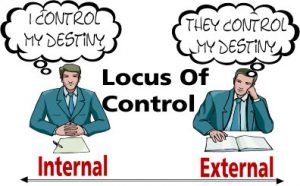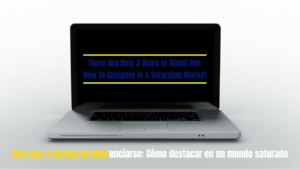World Mental Health Day: spotlighting serious mental illness and financing hope
/0 Comentarios/en Superacion/por JORGE MONTES DE OCAEvery October 10, World Mental Health Day reminds us that serious mental illness must be visible, diagnosed early, and supported with coordinated clinical and financial strategies. This is not only compassionate — it’s smart economics. In 2019 about 970 million people worldwide were living with a mental disorder, with anxiety and depression the most common. World Health Organization
Why early detection? Timely diagnosis and care reduce clinical, social and economic burdens. Early intervention programs for psychiatric conditions (for example, first-episode psychosis) have been shown in studies and systematic reviews to be cost-effective: they lower societal costs and produce better clinical outcomes compared to standard care. PubMed+1
The most tragic consequence of unmet mental health needs is suicide. More than 700,000 people die by suicide every year; it’s the third leading cause of death among 15–29-year-olds globally. Early diagnosis and treatment in young people is a key strategy to lower this risk and the large human and financial costs that follow. World Health Organization
In Mexico and the United States the problem is acute: Mexico recorded roughly 8,837 suicides in 2023 (INEGI), and the U.S. saw about 49,000 suicide deaths annually in 2022–2023. These are not just numbers — they are lost lives, family trauma, productivity losses and future care costs. Mexico Business News+1
Practical strategies from a financial coach’s perspective
Early prevention and screening: embed mental-health screening in schools, primary care and workplace programs. The payoff is fewer hospitalizations, better return-to-work rates, and reduced long-term costs. PMC+1
Integrated care packages: combine psychotherapy, medication when needed, social support and community services. For families, this reduces emergency expenses and income disruption.
Appropriate insurance and financial products: encourage insurance coverage for ongoing mental-health care and disability protection so families are not bankrupted by chronic conditions.
Crisis response and hotlines: fund crisis lines and first-responder training and reduce stigma so help is sought early.
Monitor outcomes and evaluate ROI: track indicators (attempt rates, adherence, return-to-work) and measure social and economic returns. Health-economics literature shows favorable returns for early prevention and intervention investments. PMC+1
A direct call to action for families and advisors
If you notice prolonged mood changes, withdrawal, declining school or job performance, or suicidal thoughts — act. Early assessment can save lives, protect family income and reduce lifetime costs. Check professional resources, school programs, community services and your insurance coverage.
Motivational close (personal and family focus)
Mental health is the foundation for personal achievement, family stability and financial resilience. Prioritizing it protects both lives and livelihoods. As your coach and financial advisor: take action today — an assessment, a family conversation, or an insurance review — and turn prevention into protection. Recovery and stability are possible; investing in them is investing in your family’s future.
Bibliografía
World Health Organization. (2023). Mental health. https://www.who.int/health-topics/mental-health. World Health Organization
World Health Organization. (2025). Suicide: fact sheet. https://www.who.int/news-room/fact-sheets/detail/suicide. World Health Organization
Centers for Disease Control and Prevention. (2024). Suicide Data and Statistics. https://www.cdc.gov/suicide/facts/data.html. CDC
Instituto Nacional de Estadística y Geografía (INEGI) / Reportes sobre suicidios en México (2023). (Resumen en prensa). INMEGEN/CONASAMA expand suicide prevention efforts (nota informativa). Mexico Business News
Sediqzadah, S., et al. (2022). Cost-effectiveness of early intervention in psychosis. PubMed. https://pubmed.ncbi.nlm.nih.gov/35193372/. PubMed
Le, L. K.-D., et al. (2021). Cost-effectiveness evidence of mental health prevention and early intervention. BMC Public Health / PMC. https://pmc.ncbi.nlm.nih.gov/articles/PMC8148329/
World Health Mental Day


Differences between Plan, Program, Project, Activity, and Task




























